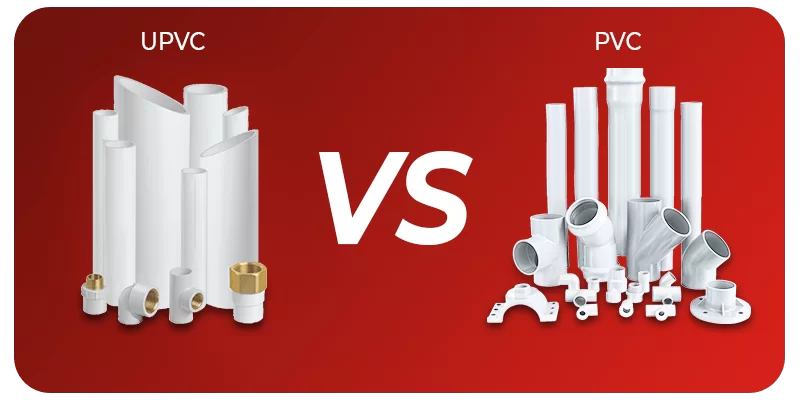In the world of plumbing and construction, the choice of materials plays a pivotal role in the durability and efficiency of a structure. Dura uPVC (unplasticized polyvinyl chloride) pipes have gained popularity as a versatile and dependable option for various applications. This blog will delve into the uses of Dura uPVC pipes and their associated benefits.
Understanding Dura uPVC Pipes
Dura uPVC pipes are made from rigid PVC that lacks the plasticizing agents commonly found in traditional PVC pipes. The absence of these agents makes uPVC pipes more robust and resistant to external factors like sunlight, temperature fluctuations, and chemicals. This inherent strength makes them suitable for a wide range of applications, including:
1. Water Supply Systems
One of the primary uses of Dura uPVC pipes is in water supply systems. These pipes are known for their excellent resistance to corrosion and scaling, ensuring the delivery of clean and uncontaminated water to households and industries. They are widely used for both potable water and irrigation systems.
2. Drainage and Sewerage Systems
Dura uPVC pipes are an ideal choice for drainage and sewerage systems. They have a smooth inner surface that minimizes friction and prevents the accumulation of debris and waste. This results in efficient flow and reduces the risk of blockages and pipe damage.
3. Agricultural Applications
In agriculture, uPVC pipes find extensive use in irrigation systems. They are lightweight and easy to handle, making installation and maintenance simple. Additionally, they are resistant to the corrosive effects of fertilizers and pesticides, ensuring a long service life.
4. Plumbing Systems
For residential and commercial plumbing systems, Dura uPVC pipes are a reliable option. They are easy to work with and connect, reducing labor costs. Their resistance to chemicals and rust makes them a preferable choice for transporting both cold and hot water.
5. Industrial Piping
In industrial settings, uPVC pipes are chosen for various applications, such as transporting chemicals, gases, and effluents. Their resistance to corrosion, temperature variations, and chemical exposure is vital to maintaining a safe and efficient industrial infrastructure.

The Benefits of Dura uPVC Pipes
The popularity of Dura uPVC pipes is not solely due to their versatile applications; it also stems from the numerous benefits they offer:
1. Durability
Dura uPVC pipes have a long lifespan, often exceeding 50 years, due to their resistance to corrosion, rust, and chemical degradation. This longevity leads to cost savings and reduced maintenance.
2. Lightweight and Easy Installation
Compared to traditional materials like metal or concrete pipes, uPVC pipes are lightweight and easy to handle. This makes installation quicker and more straightforward, reducing labor costs.
3. Low Maintenance
The smooth inner surface of uPVC pipes reduces the risk of clogs and scaling, resulting in low maintenance requirements. They are also not susceptible to biological growth, further minimizing the need for cleaning and upkeep.
4. Chemical Resistance
Dura uPVC pipes can withstand a wide range of chemicals, making them suitable for industrial applications and areas with potentially corrosive substances.
5. Environmentally Friendly
uPVC is a recyclable material, and uPVC pipes can be recycled at the end of their service life. Additionally, their durability reduces the need for frequent replacements, further lessening their environmental impact.
6. Cost-Effective
While the initial cost of uPVC pipes may be slightly higher than some other materials, their long lifespan and low maintenance costs make them a cost-effective choice in the long run.
Conclusion
Dura uPVC pipes have proven their worth in various applications, thanks to their durability, versatility, and numerous benefits. Whether in water supply systems, drainage, agriculture, plumbing, or industry, uPVC pipes offer a reliable solution. Their resistance to corrosion, ease of installation, and low maintenance requirements make them a top choice for builders and plumbers, ensuring that structures are built to last while saving costs and reducing environmental impact.


